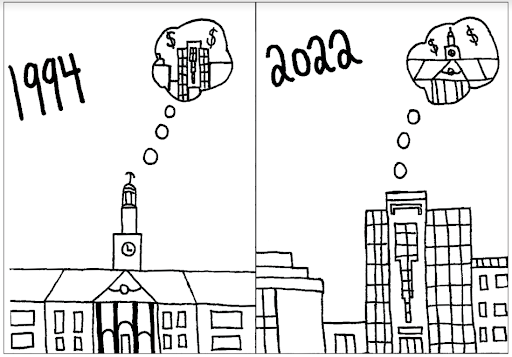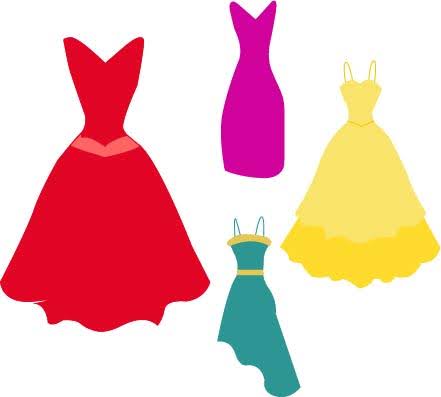Three decades later: Roles reversed in rival wealth debate

Photo credit: Grace Rossman
November 11, 2022
“You’ll probably never get the same treatment the Norsemen do,” 1994 South graduate Chris Jefferies told readers in volume 65, issue 9 of the Tower. His main argument was that South did not receive equivalent funding to North, resulting in their inferior and suffering athletic facilities.
To Jefferies, the South practice grounds and meet locations seemed relatively poor due to their lack of funds. He deemed the Norsemen “unappreciative of the luxuries given to them by their kind administration.” Why was it that South supposedly did not receive the same athletic resources as North did? According to Jefferies, the inequality was simply because South was “poor.”
Since Jeffries’ piece was written, the roles have switched. North is now known to be the “poor” school when comparing our amenities to South. While members of South athletic teams are often seen taking the field in new uniforms, North athletic teams rarely receive new jerseys and equipment. In addition, South’s football, baseball and softball fields have been newly replaced, reversing Jefferies’ complaint regarding South’s inferior practice grounds. Yes, North’s fields are also being updated, however, South’s came first.
Athletics was not the only topic that Jeffries related to South’s lack of funds. He claimed that the school could not “afford enough teachers for the German classes,” while North had plenty of funds to do so. In recent years, North has been left without an Italian teacher, and students interested in the class must travel to the South to learn the language. This is yet another area that we are at a disadvantage in when compared to South.
As Norsemen, it seems impossible that North would be considered the wealthy high school in Grosse Pointe, as South meets that qualification in our mind. We look at South and see a wealthy, beautiful, historic school that we don’t seem to have. But back then, South saw us that way. So do the stereotypes really matter?
Throughout the years nothing has truly changed that has put one school above the other. We are still the same places with great teachers and great education. It didn’t take much for the roles to reverse, which shows that the stereotypes don’t have complete truth to them. We need to learn to ignore these stereotypes, because they don’t determine the quality of our schools.












